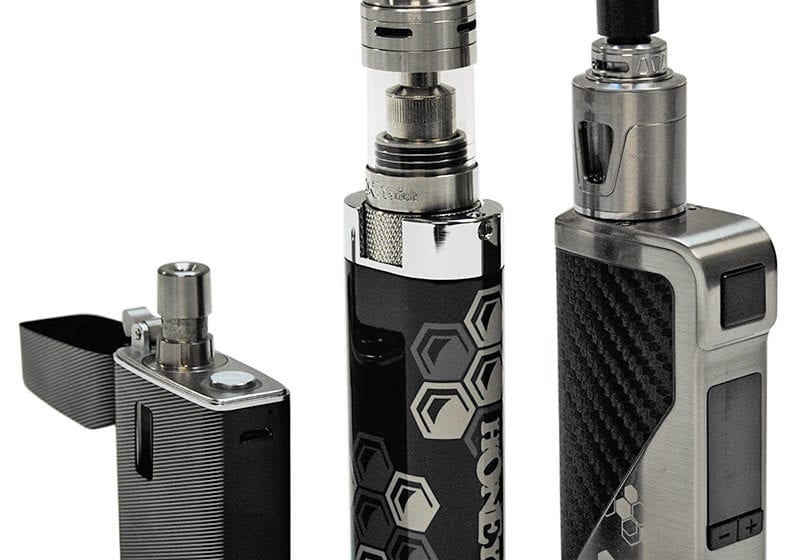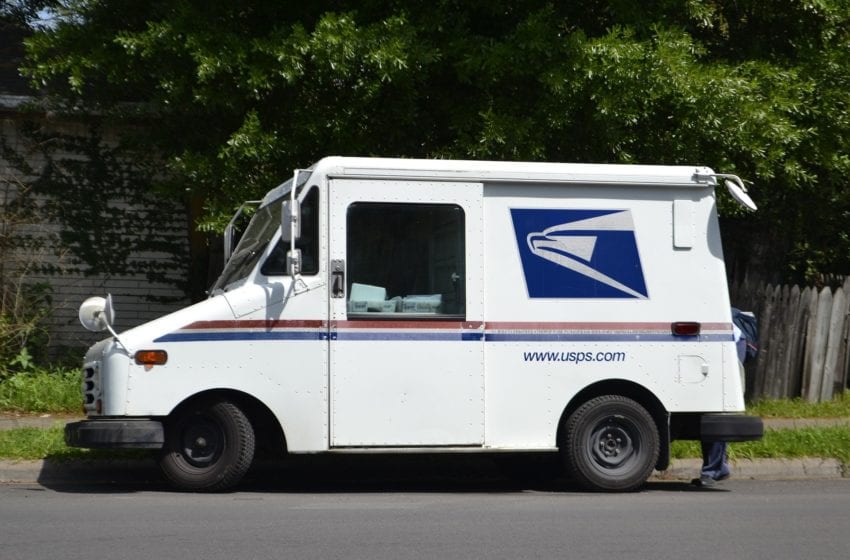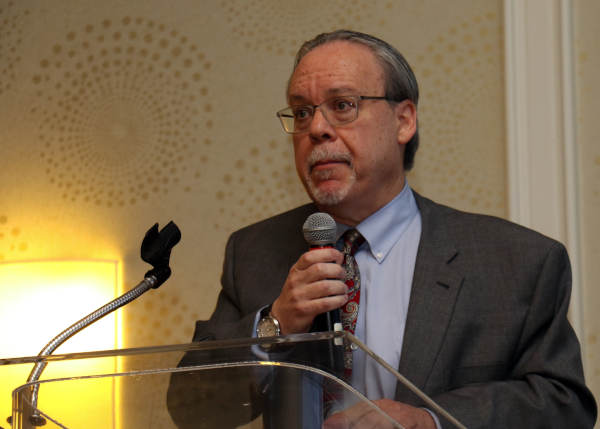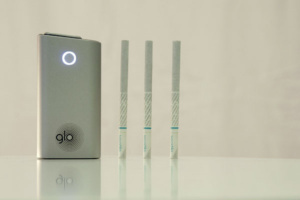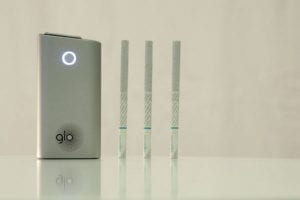VPR Brands has started to identify and notify over 50 vapor industry companies that are using its “Auto Draw Technology” that VPR intends to enforce its patent. These companies were prioritized, based on sales volume and popularity, according to a press release.
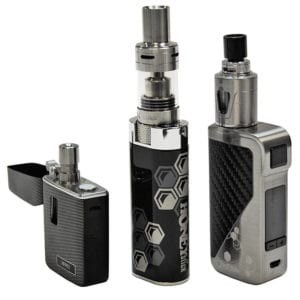
VPR recently filed litigation against three of the companies: Jupiter Research, Cool Clouds Distribution and XL Vape. Additional lawsuits will continue to be filed as necessary to protect the company’s intellectual property (IP) rights, according to the release.
“Having personally been in the vape industry since its infancy for more than 10 years and witnessing the evolution of ecig and vapor technology, it is befitting that our company owns this US utility patent for what has grown to be a multibillion-dollar market,” said Kevin Frija, CEO of VPR Brands. “The inner construction of an e-cigarette is quite simple and fairly standard, and it is obvious as to what our auto draw technology patent covers, and potential infringement is rather clear when you see it.”
The company owns IP for one of the original patents filed for e-cigarette technology, dating back to 2009. It includes “independent claims covering electronic cigarette products containing an electric airflow sensor, including a sensor comprised of a diaphragm microphone. The sensor turns the battery on and off, and covers auto-draw, button-less e-cigarettes, cigalikes, pod devices and vaporizers using an airflow sensor. The technology is covered under electronic cigarette utility patent US 8205622,” the release states.
“The surge of the vaping category for nicotine, cannabis and CBD in the last few years has reached billions of dollars in sales. That has created opportunities for our patented auto-draw technology, which we believe is now preferred by many, if not most consumers,” said Frija. “Infringement can be avoided by simply adding a button to the battery however the preferred option by consumers to simulate smoking is our button-less auto draw technology and we believe this is an opportune time to consider licensing, enforcement or potentially a sale of our intellectual property to one of the larger players in the space. Our Patent could be a huge windfall for the company.”
The company may also seek a buyer for this patent in the future. “In recent years, our patented technology has surged back into popularity making our patent potentially very valuable,” ” said Dan Hoff COO of VPR. “I am happy to see our company and legal team actively litigating to enforce our intellectual property.”

